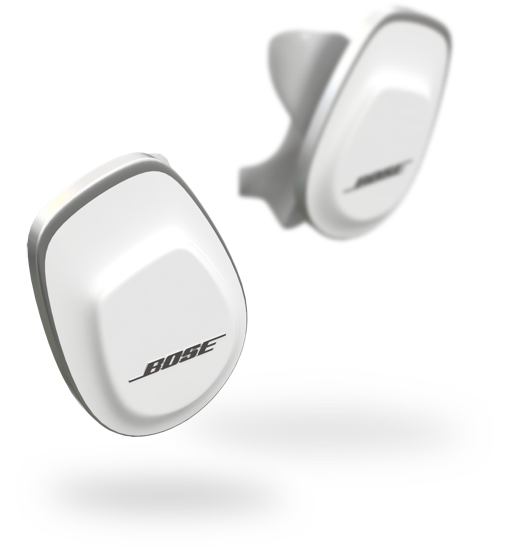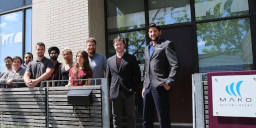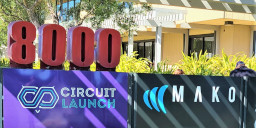“Invention” and “innovation” are familiar terms that have important implications for anyone interested in developing an idea. These days, they get tossed around a lot when people are developing an idea and are subject to widespread misuse despite people claiming to understand the concepts they describe.
Most people are aware that “invention” is the creation of a completely novel, never-before-seen product or process, while “innovation” is an improvement of an existing product or process. In their most basic and obvious sense, these definitions are correct. But they come with presuppositions and have been so often used interchangeably that people have become confused regarding their meanings.
In order to truly understand the nature of “invention” and “innovation” so that we can use these terms with confidence and benefit from their distinct features, it is necessary to examine them objectively from within the context of our rapidly shifting consumer and technological landscapes.
In a column published on the Bloomberg Businessweek website, Thomas D. Kuczmarski helps clarify these muddied terms while highlighting why innovation is the more effective strategy in our current consumer market. “Invention is often viewed as a source of economic growth,” writes Kuczmarski. He goes on to debunk this myth stating plainly that, “It isn’t.” Instead, “it’s innovation that generates new products, new services, new businesses, and new jobs.”
Kuczmarski has been teaching courses about the process of innovation in executive education programs for the past 30 years. He also consults with firms all over the world regarding the topic. He goes on to say that when marketers discovered that the word “innovation” could be used as a non-specific umbrella term for anything that is new and improved.
It went mainstream and began to take on different and broad interpretations. Couple that with people’s romantic idea of “invention,” which conjures images of quirky individuals building ingenious new technologies in their garages, and it’s easy to see how confusion has set in.
As evidence of this confusion, Kuczmarski mentions how people constantly refer to the “invention” of the lightbulb or the iPhone when in fact, he claims, both of these products were innovations. Pre-existing technologies were used to develop these products in order to meet a need, which indicates that Thomas Edison and Steve Jobs were actually innovators.
According to Kuczmarski, invention is the “classic eureka moment” when a new idea surfaces and a new patent is filed. The inventor is not concerned with who will buy his or her invention and, instead, focuses on bringing it to life for the sake of pure interest.
Innovation, on the other hand, is when a person identifies a need in the marketplace and develops a product or service in order to meet that need. The major difference here is commercialization. An invention might function well but fail to fulfill a consumer need, whereas an innovation is specifically designed to address those needs and will, therefore, successfully sell.
“My message for an inventor is to think more like an innovator,” Kuczmarski writes. “His or her success rate would almost certainly go up.” He explains that it is easier to use innovation to design a product that already comes with guaranteed demand than it is to build a slick marketing campaign around something neat but unnecessary.
But of course, innovations still require design, development, and patenting in order to reach the market, which means that thinking like an innovator doesn’t mean inventors can avoid the invention process.
With Kuczmarski’s expert advice in mind, it becomes easier to analyze a product idea in order to determine its chances of commercial success. His commentary also brings us one step closer to determining whether an idea fits more appropriately into the category of invention or innovation.
In this way, we can begin to revive the unique meanings behind each of these terms and use them to our advantage!
About: MAKO Design + Invent is the original firm providing world-class consumer product development services tailored to startups, small manufacturers, and inventors. Simply put, we are the leading one-stop-shop for developing your physical product from idea to store shelves, all in a high-quality, cost-effective, and timely manner. We operate as one powerhouse 30-person product design team spread across 4 offices to serve you (Austin, Miami, San Francisco, & Toronto*). We have full-stack in-house industrial design, mechanical engineering, electrical engineering, patent referral, prototyping, and manufacturing services. To assist our startup and inventor clients, in addition to above, we help with business strategy, product strategy, marketing, and sales/distribution for all consumer product categories. Also, our founder Kevin Mako hosts The Product Startup Podcast, the industry's leading hardware podcast. Check it out for tips, interviews, and best practices for hardware startups, inventors, and product developers. Click HERE to learn more about MAKO Design + Invent! *NOTE: Engineering services are provided exclusively by our USA-based engineering team







